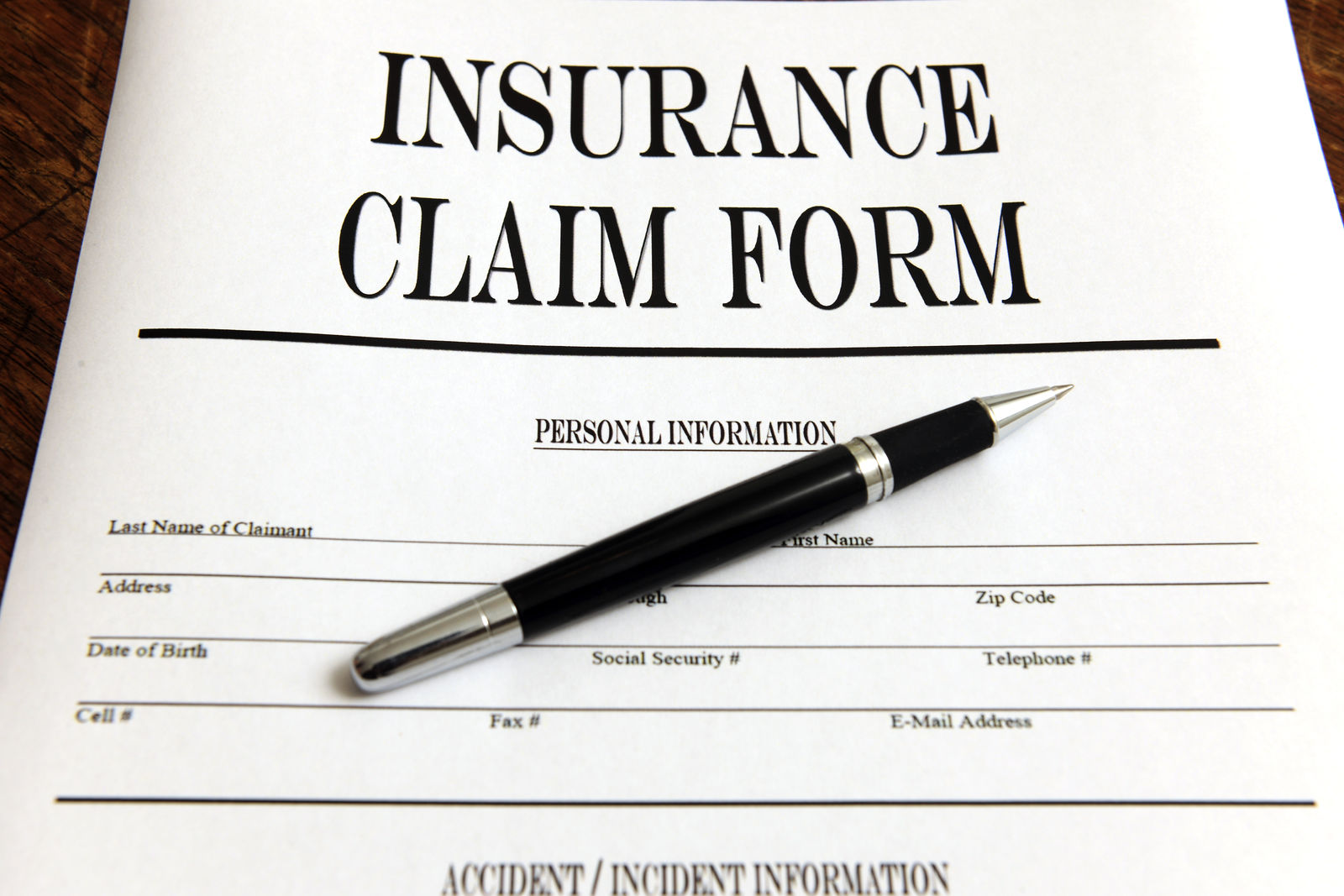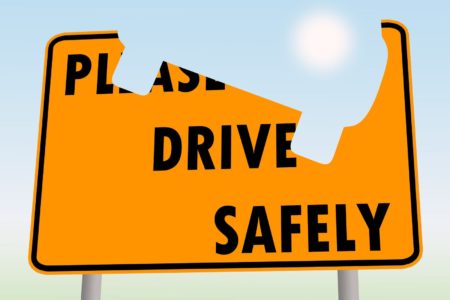How to Claim Auto Insurance for Your Own Damage

Free Car Insurance Comparison
Compare Quotes From Top Companies and Save
Secured with SHA-256 Encryption
Brad Larson
Licensed Insurance Agent
Brad Larson has been in the insurance industry for over 16 years. He specializes in helping clients navigate the claims process, with a particular emphasis on coverage analysis. He received his bachelor’s degree from the University of Utah in Political Science. He also holds an Associate in Claims (AIC) and Associate in General Insurance (AINS) designations, as well as a Utah Property and Casual...
Licensed Insurance Agent
UPDATED: Jan 5, 2024
It’s all about you. We want to help you make the right coverage choices.
Advertiser Disclosure: We strive to help you make confident car insurance decisions. Comparison shopping should be easy. We are not affiliated with any one car insurance provider and cannot guarantee quotes from any single provider. Our partnerships don’t influence our content. Our opinions are our own. To compare quotes from many different companies please enter your ZIP code on this page to use the free quote tool. The more quotes you compare, the more chances to save.
Editorial Guidelines: We are a free online resource for anyone interested in learning more about car insurance. Our goal is to be an objective, third-party resource for everything car insurance-related. We update our site regularly, and all content is reviewed by car insurance experts.
UPDATED: Jan 5, 2024
It’s all about you. We want to help you make the right coverage choices.
Advertiser Disclosure: We strive to help you make confident car insurance decisions. Comparison shopping should be easy. We are not affiliated with any one car insurance provider and cannot guarantee quotes from any single provider. Our partnerships don’t influence our content. Our opinions are our own. To compare quotes from many different companies please enter your ZIP code on this page to use the free quote tool. The more quotes you compare, the more chances to save.
On This Page
- Collision insurance may pay for damages related to self-inflicted car accidents
- Collision might even potentially cover accident losses when the driver was not explicitly at fault
- Comparison shopping often yields nice deals on collision and other levels of coverage
- Regardless of how much auto insurance a driver carries, drivers do need to be careful and follow all traffic laws when on the road
Matters related to auto insurance should not be too complicated. When another driver’s negligence causes damage to a vehicle, filing a claim against that driver’s auto insurance policy would be the common step to take.
Civil law generally requires those who commit acts of negligence to pay for their misdeeds. Passing a vehicle on the shoulder of the road and accidentally hitting the car would surely be negligent. That would be an illegal pass and, possibly, reckless driving.
In a civil suit, the reckless driver probably will be mandated to pay for the damages to the other car. Auto liability or property protection insurance provides alternatives to litigation as the insurance may cover losses to the vehicle damaged by someone else’s negligence.
What about the negligent driver? Hitting another vehicle likely will damage both cars. Would his/her insurance company pay for the loss? With the right type of auto insurance policy, the negligent driver might find even losses derived from very egregious behavior to be covered.
Learn more about auto insurance claims below and make sure to use our free insurance comparison tool above today!
Collision Insurance Coverage
https://www.youtube.com/watch?v=jFDl_p3gHNk
In order for a driver to successfully file a claim for damages he/she causes to his/her own car, the driver must carry collision insurance. As the name suggests, collision insurance is designed to pay a certain self-inflicted accident-related damage.
If a driver gets behind the wheel of his or her car and suffers damage, then a claim may be filed under the collision provision. The accident does not even have to involve hitting another car. The vehicle could hit an object such as a pole, stop sign, or an obstruction in the road.
The driver may not necessarily be negligent. He/she could swerve to avoid hitting someone on the road and end up crashing the car.
A deer could jump out on the road and smash into the vehicle. The car might drive over debris left on the road by an unknown truck wrecking the transmission system.
Such scenarios all come with major repair costs, filing a collision insurance claim could present a desirable financial solution.
So, when a vehicle is damaged due to a collision, report the incident to the insurance company. Report the claim without delay and be sure all information relayed to the insurance company is detailed and accurate.
Compare quotes from the top car insurance companies and save! Secured with SHA-256 Encryption
FREE Car Insurance Comparison
Compare quotes from the top car insurance companies and save!
Secured with SHA-256 Encryption
Concerns about Collision Coverage
Drivers do need to be aware that filing a claim and receiving an approval on the claim are not the same thing. A claim can be denied for any number of reasons.
That said, any reason must be a valid one and spelled out in the contract. Insurance companies cannot be arbitrary or flippant when denying a claim.
Always reviews the rules and exclusions regarding collision coverage. Gross negligence or reckless conduct, for example, may complicate collision claims.
Reviewing and clarifying collision coverage rules does help with avoiding confusion over what circumstances are or aren’t covered. A phone call to the insurance company may further assist with learning about limitations or exclusions.
Collision insurance does not fall under the category of compulsory coverage. In other words, the state cannot force anyone to carry collision insurance as it does with auto liability, personal injury protection, or even uninsured motorist.
Since this type of coverage is not compulsory, many drivers choose not to carry it. As a result, they are “self-insured” for any damage inflicted on their vehicles.
Self-insured is another way of saying they have no insurance. All damages self-inflicted on the vehicle must be covered by the driver.
Is it appropriate to file a claim?

Remember, every time someone files a claim that person’s insurance history reflects the action. Premiums may go up as a result. Paying out of pocket might be a good move when:
- The damage is minor.
- A high deductible requires the insured to pay a significant amount out of pocket.
- The driver could be deemed too much of a risk due to repeated claims.
Policyholders really should think about the appropriateness of filing a claim before actually doing so.
Filing a Claim
If you do carry collision coverage on your policy and decide that the damage to your car is worth filing a claim and paying the deductible, your first step would be contacting your insurance provider.
Many providers make it easy to file a claim by providing a wide range of options to do so. Depending on your insurance company, you may be able to:
- File a claim using a smartphone app
- File a claim via email
- File a claim by calling the company
- File a claim by going to one of the provider’s locations
With so many options, you should have no problem quickly and efficiently filing your claim.
Once you have done so, you may meet with an insurance agent who walks you through the process, and your car will likely be inspected by an adjuster to assess the damage and see if it falls under the category of covered incidents.
The process could be quick and painless, or it may be a bit of a hassle. But as long as you’re sure that filing a claim is what you want to do, you should be able to work through it in order to make sure that you’re happy with the end result.
Some individuals, upon filing an auto insurance claim and going through the process of having the claim paid out, realize that they no longer wish to do business with their current provider.
If this is ever the case for you, be sure to compare auto insurance quotes with other providers and check their financial and customer service ratings to find a company you can be happy with.
FREE Car Insurance Comparison
Compare quotes from the top car insurance companies and save!
Secured with SHA-256 Encryption
Drive Safely Regardless of Insurance

In the state of Virginia, certain speeding offenses can be charged as criminal offenses.
Even if auto liability and collision coverage pay for vehicle damage, the driver would deal with a potential criminal conviction that might remain on a record for life, barring expungement.
Imagine the situation of an at-fault accident leading to a wrongful death. $500,000 in auto liability coverage may pay for damages — or not.
The driver could be sued far beyond policy limits. The totaled car might be paid for — and the driver may need the money for a criminal defense. He/she could be facing manslaughter or vehicular homicide charges.
And then there would be the matter of the psychological guilt one would carry in the event of causing someone’s demise.
Collision insurance coverage absolutely helps in many situations. Having insurance coverage, however, does not automatically protect someone from the consequences of negligent actions. Drivers must keep this in mind.
Don’t miss out on our free insurance comparison tool below! Just enter your zip code below and start comparing rates now!
FREE Car Insurance Comparison
Compare quotes from the top car insurance companies and save!
Secured with SHA-256 Encryption
Brad Larson
Licensed Insurance Agent
Brad Larson has been in the insurance industry for over 16 years. He specializes in helping clients navigate the claims process, with a particular emphasis on coverage analysis. He received his bachelor’s degree from the University of Utah in Political Science. He also holds an Associate in Claims (AIC) and Associate in General Insurance (AINS) designations, as well as a Utah Property and Casual...
Licensed Insurance Agent
Editorial Guidelines: We are a free online resource for anyone interested in learning more about car insurance. Our goal is to be an objective, third-party resource for everything car insurance-related. We update our site regularly, and all content is reviewed by car insurance experts.